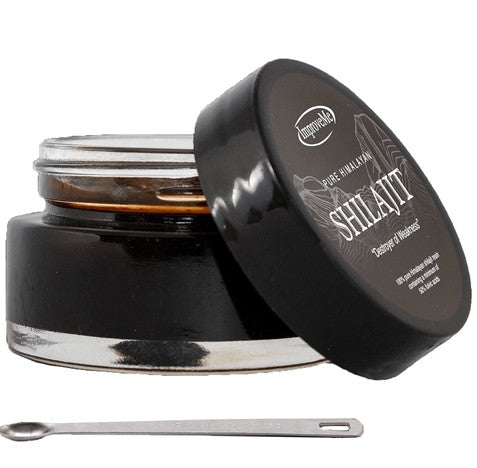Exercise is one of the most effective ways to prevent many lifestyle-related diseases. Not only that but it can also boost your testosterone levels
Research often highlights the dangers of long-term stress, which can elevate levels of the hormone cortisol
3. Vitamin D is a micronutrient that plays a key role in many aspects of health. Despite its importance, up to 1 billion people worldwide are deficient
Some research shows that low vitamin D levels may be linked to lower testosterone levels
4. Certain supplements may be useful for supporting healthy testosterone levels.
In one study, zinc increased testosterone levels and improved sexual function in postmenopausal women with low blood levels of zinc
Older studies suggest that several herbal supplements could also help support healthy testosterone levels, including saw palmetto, ginger, and ashwagandha. However, more research is needed.
We like Shilagit, DHEA, Fenugreek, L-arginine
5. Avoid oestrogen-like chemicals
Several other factors may affect your hormone levels. For starters, a healthy sex life is important in regulating your sex hormone and testosterone levels
Bisphenol-A (BPA) is an industrial chemical used in plastic manufacturing and added to many commercial products, including food containers, baby bottles, and plastic water bottles.
You’ve probably seen that most plastics you purchase these days are labelled “BPA-free.”
6. Watch your alcohol intake
The relationship between alcohol and testosterone is complex. Some research suggests that excessive alcohol consumption can decrease testosterone levels
 Vendor:Pure Himalayan Shilajit Resin 50gImproveMe
Vendor:Pure Himalayan Shilajit Resin 50gImproveMe